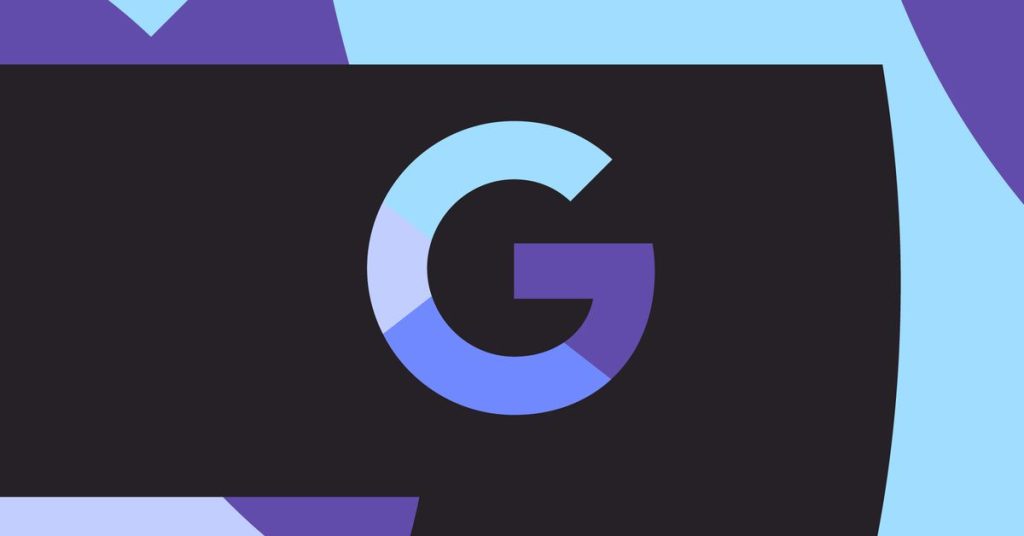Google Agrees to Erase Billions of Private Browsing Records in Proposed Settlement
Addressing Data Collected in Incognito Mode
In a proposed class action settlement submitted on Monday, Google consented to erase or anonymize billions of records of web browsing data gathered when users were in its private browsing “Incognito mode.” The proposal, valued at $5 billion, requires Google to handle data collected in private browsing mode in December 2023 and earlier, either by complete deletion or de-identification.
Ensuring Accountability and Transparency
The plaintiffs emphasized the significance of this settlement in their filing:
“This Settlement ensures real accountability and transparency from the world’s largest data collector and marks an important step toward improving and upholding our right to privacy on the Internet.”
Google’s Response and Commitment
While the plaintiffs valued the proposed settlement at $5 billion, the amount they initially sought in damages, Google spokesperson José Castañeda clarified that the company is “receiving zero” and that the settlement does not include damages for the class, although individuals can file claims.
Castañeda also stated:
“We never associate data with users when they use Incognito mode. We are happy to delete old technical data that was never associated with an individual and was never used for any form of personalization.”
Enhancing Disclosure and User Control
As part of the agreement, Google will improve how it discloses the limitations of its private browsing services, which the company has already started implementing. Additionally, for five years, Google will allow users to block third-party cookies by default in Incognito mode, preventing Google from tracking users on external websites while they’re in private browsing.
Individual Claims for Damages
According to the settlement terms, individuals can still file claims for damages in California state court. To date, 50 claims have already been filed.

3 Comments
Well, it’s about time Google decided to stop hoarding our secrets, eh?
Finally, a step in the right direction for digital privacy, or maybe Google’s just playing the long game?
Big Brother’s taking a break, or is it just a sneaky privacy PR stunt?